Why are we so obsessed with The Traitors?
It's the BBC's most scheming, manipulative and treacherous show – and viewers can't get enough
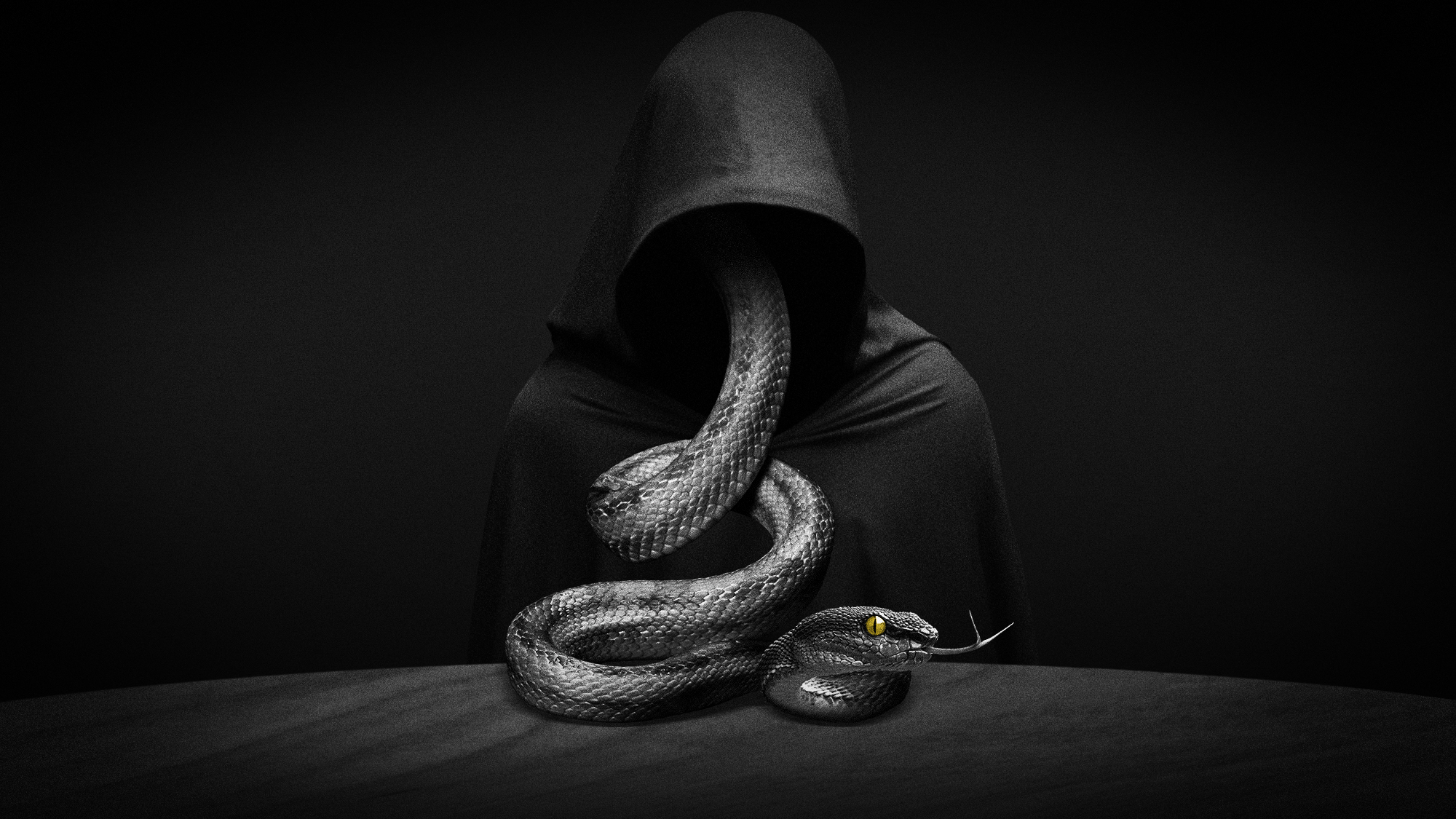
A free daily email with the biggest news stories of the day – and the best features from TheWeek.com
You are now subscribed
Your newsletter sign-up was successful
In January "the cruellest month in a grey country", "The Traitors" has been the reality TV show keeping Hannah Ewens in the Independent going – "and, tonight, it's over".
Five players have survived banishments and murders, each hoping to win a prize pot of around £75,000 in Friday's finale. But for viewers, the real pleasure of watching is seeing people "sincerely promoting wrong and stupid theories with a vehemence in direct proportion to how wrong and stupid they are", wrote Helen Rumbelow in The Times.
In classic Dunning-Kruger style, in which "the less you know, the more you think you know", the players vastly overrate their abilities to spot liars and it is this that makes the show so "compelling".
The Week
Escape your echo chamber. Get the facts behind the news, plus analysis from multiple perspectives.

Sign up for The Week's Free Newsletters
From our morning news briefing to a weekly Good News Newsletter, get the best of The Week delivered directly to your inbox.
From our morning news briefing to a weekly Good News Newsletter, get the best of The Week delivered directly to your inbox.
Human nature on display
This year's contestants have indeed shown "new lows of detective skills", said Ewens, but they are the reason the show is a hit. These are "deliriously maddening people" we all know and recognise, from "bolshy Armani" (banished for talking too much after telling fellow Traitors to do just that) to teacher Joe (who consistently convinced the others he had spotted a Traitor and was wrong each time).
The fact that viewers know all along who is a Traitor and who is a Faithful is key to the show's addictive appeal, said Filmhounds, turning us into a third character who sees everything and lets us live with the delusion that we would do better. Add in roundtables that play out like "a drunken family arguing around the dinner table on Christmas day" crossed with an episode of "The Weakest Link", along with presenter Claudia Winkleman hovering over proceedings "like the ghost of a gothic duchess", and this is "iconic television at its absolute finest".
A slice of real life
It's not just the "anthropologist people-watching element" of the show that has us hooked, said Barbara Ellen in The Observer: "there’s the sheer theatre of it all". Hooded robes, the "doomy" Traitors' Tower, a cross being drawn over the portraits of the murder victims and the feigned reactions of the Traitors to the deaths at the breakfast table, "their crocodile tears falling into the croissant baskets", are among the reasons we're enthralled.
Winkelman, too, is an important part of its success, added the paper, "channelling a hyper-stern Anne Robinson, with added Morticia Addams and a dash of a minor character from a Nancy Mitford novel".
A free daily email with the biggest news stories of the day – and the best features from TheWeek.com
But it is our empathy that has us hooked to "The Traitors", Victoria Richards wrote last year in The Independent. "We have all – at some point or another – either betrayed someone or been betrayed."
Elizabeth Carr-Ellis is a freelance journalist and was previously the UK website's Production Editor. She has also held senior roles at The Scotsman, Sunday Herald and Hello!. As well as her writing, she is the creator and co-founder of the Pausitivity #KnowYourMenopause campaign and has appeared on national and international media discussing women's healthcare.
-
 The ‘ravenous’ demand for Cornish minerals
The ‘ravenous’ demand for Cornish mineralsUnder the Radar Growing need for critical minerals to power tech has intensified ‘appetite’ for lithium, which could be a ‘huge boon’ for local economy
-
 Why are election experts taking Trump’s midterm threats seriously?
Why are election experts taking Trump’s midterm threats seriously?IN THE SPOTLIGHT As the president muses about polling place deployments and a centralized electoral system aimed at one-party control, lawmakers are taking this administration at its word
-
 ‘Restaurateurs have become millionaires’
‘Restaurateurs have become millionaires’Instant Opinion Opinion, comment and editorials of the day
-
 How Utah became a media focal point
How Utah became a media focal pointIn Depth In producing the stars of #MomTok and reality TV alike, Utah has emerged as a media powerhouse
-
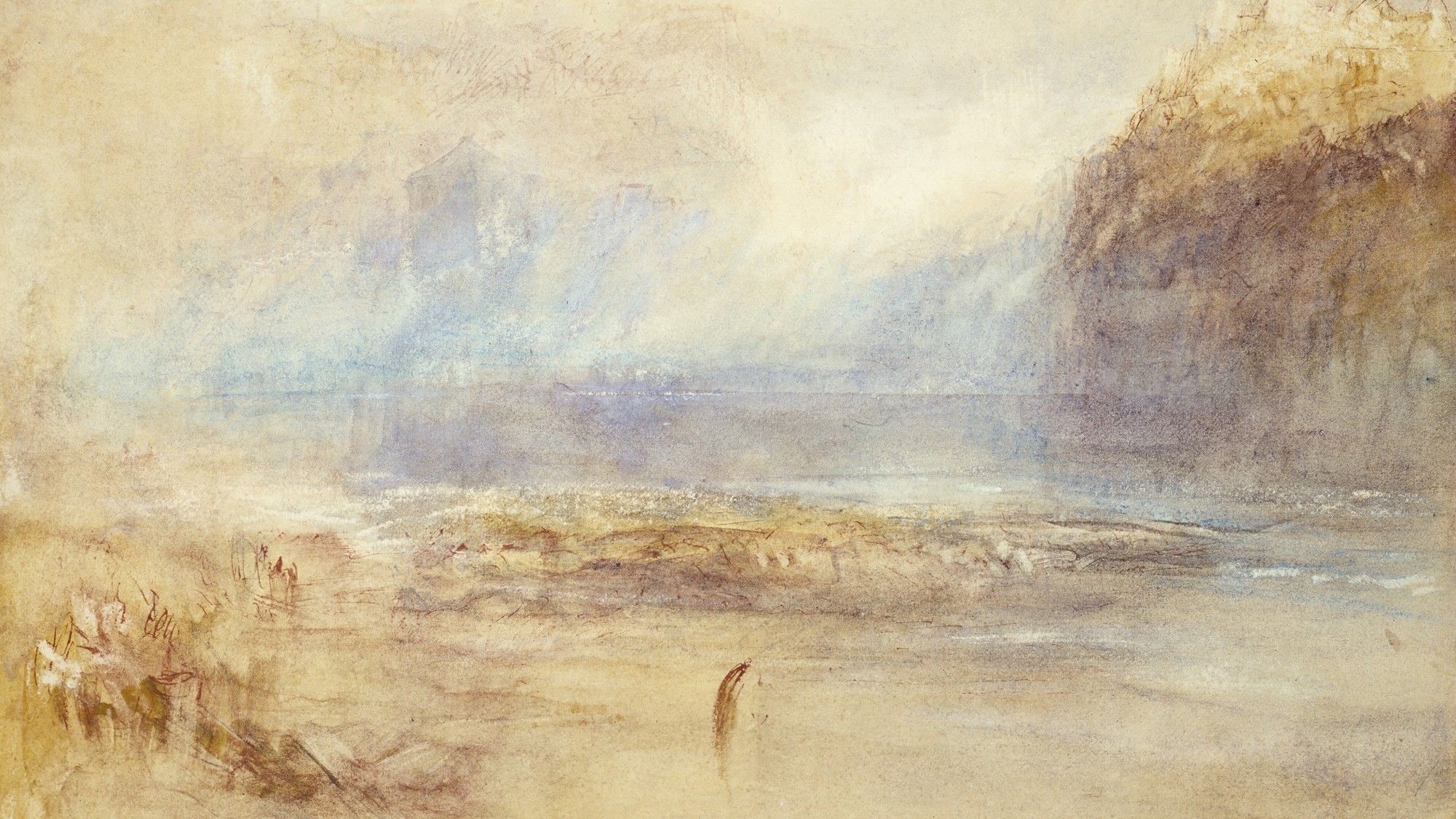 Turner: The Secret Sketchbooks – a fascinating portrait of the great painter
Turner: The Secret Sketchbooks – a fascinating portrait of the great painterThe Week Recommends BBC2 documentary examines the rarely seen sketchbooks of the enigmatic artist
-
 Dianarama examines the ‘extraordinary scale’ of Martin Bashir’s lies
Dianarama examines the ‘extraordinary scale’ of Martin Bashir’s liesThe Week Recommends Andy Webb’s book is packed with ‘astonishing’ allegations surrounding Princess Diana’s 1995 Panorama interview
-
 Eurovision faces its Waterloo over Israel boycotts
Eurovision faces its Waterloo over Israel boycottsTalking Point Five major broadcasters have threatened to pull out of next year’s contest over Israel’s participation
-
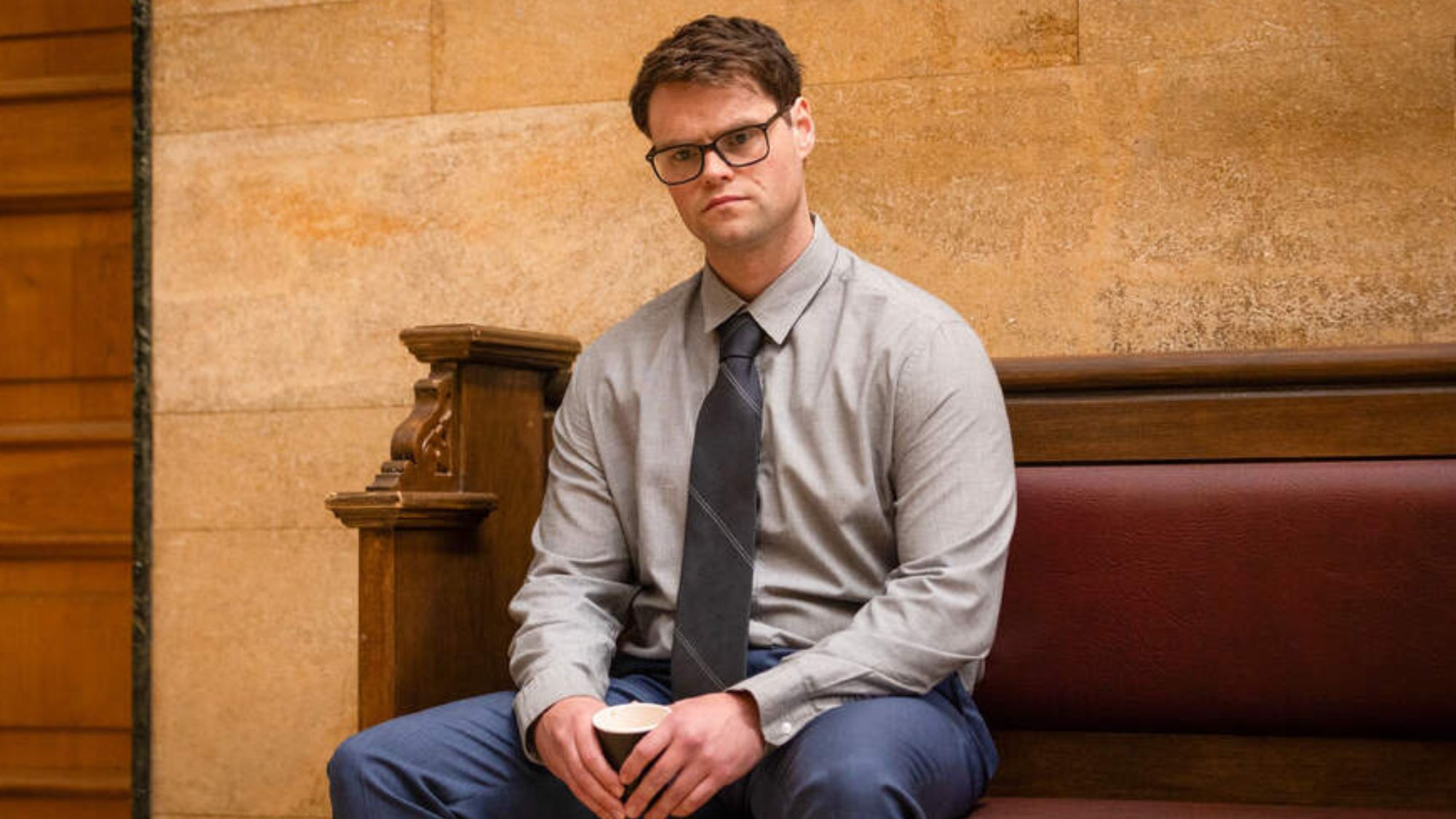 Unforgivable: harrowing drama about abuse and rehabilitation
Unforgivable: harrowing drama about abuse and rehabilitationThe Week Recommends 'Catastrophic impact' of abuse is explored in 'thought-provoking' series
-
 How to go on your own Race Across the World
How to go on your own Race Across the WorldThe Week Recommends The BBC hit show is inspiring fans to choose low-budget adventures
-
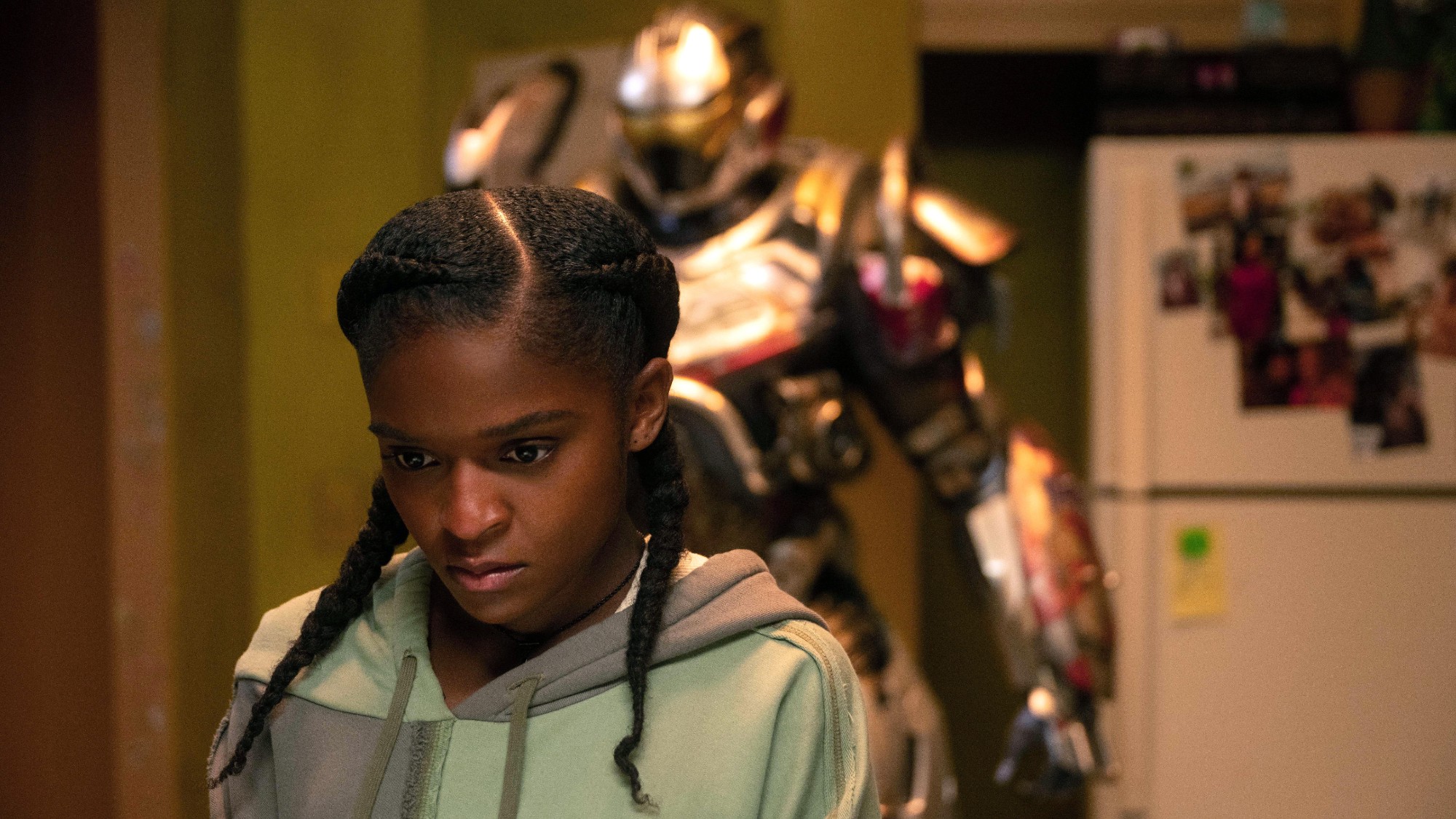 Here comes the end of 'Squid Game'! Plus more great TV shows to see this June.
Here comes the end of 'Squid Game'! Plus more great TV shows to see this June.the week recommends The next great sports comedy, a young Marvel heroine and the conclusion of 'Squid Game'
-
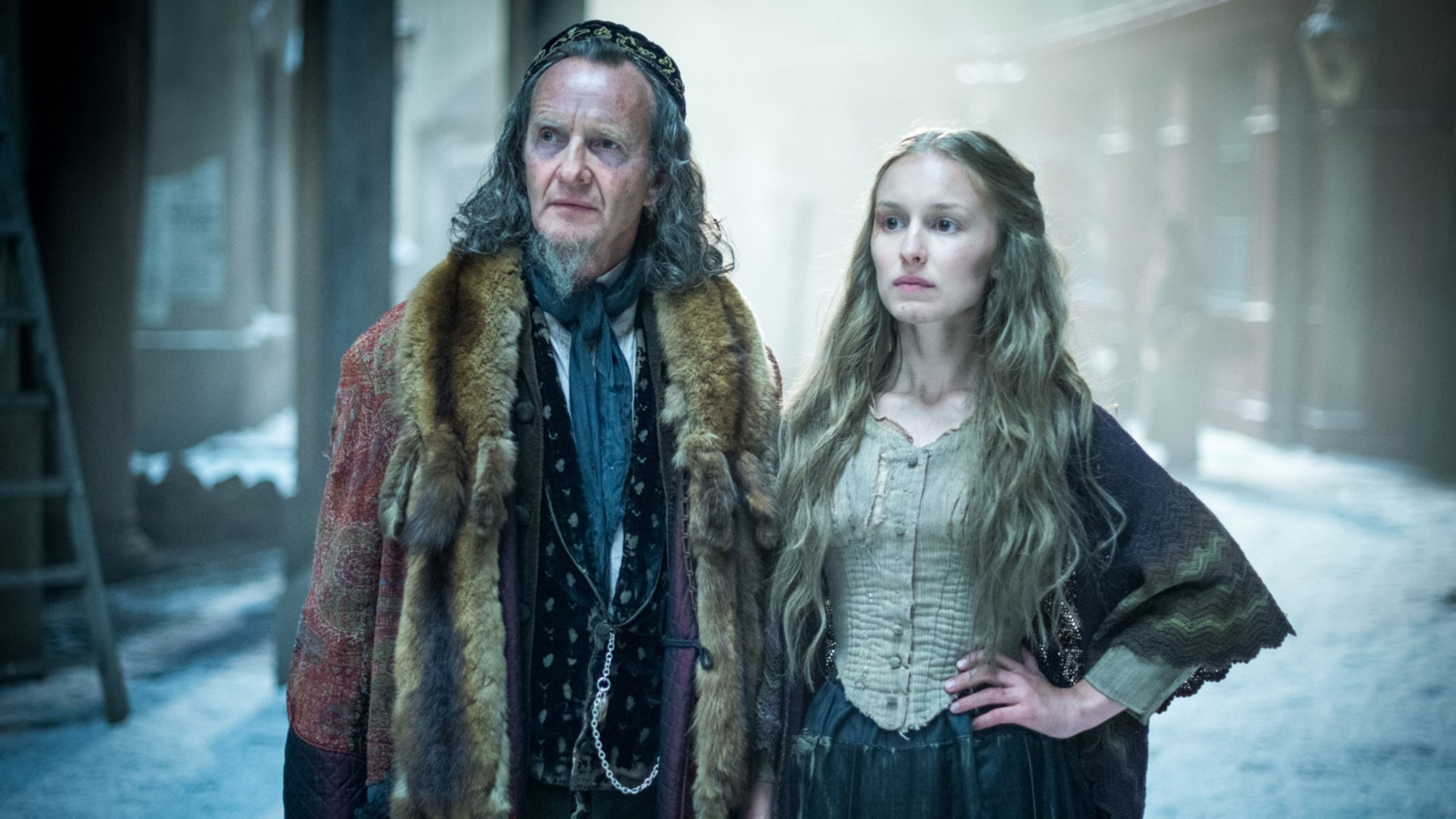 The top period dramas to stream now
The top period dramas to stream nowThe Week Recommends Heaving bosoms and billowing shirts are standard fare in these historical TV classics